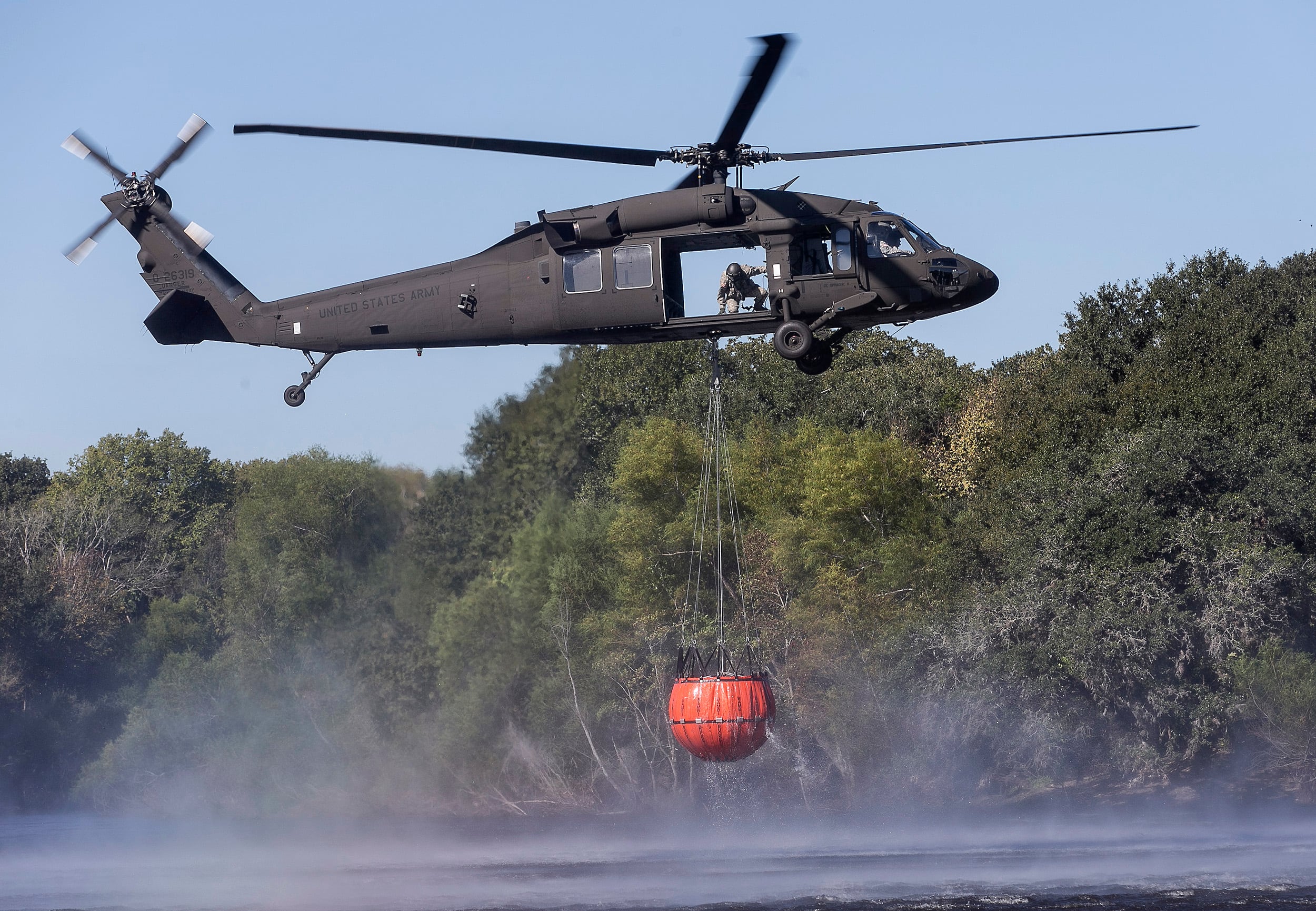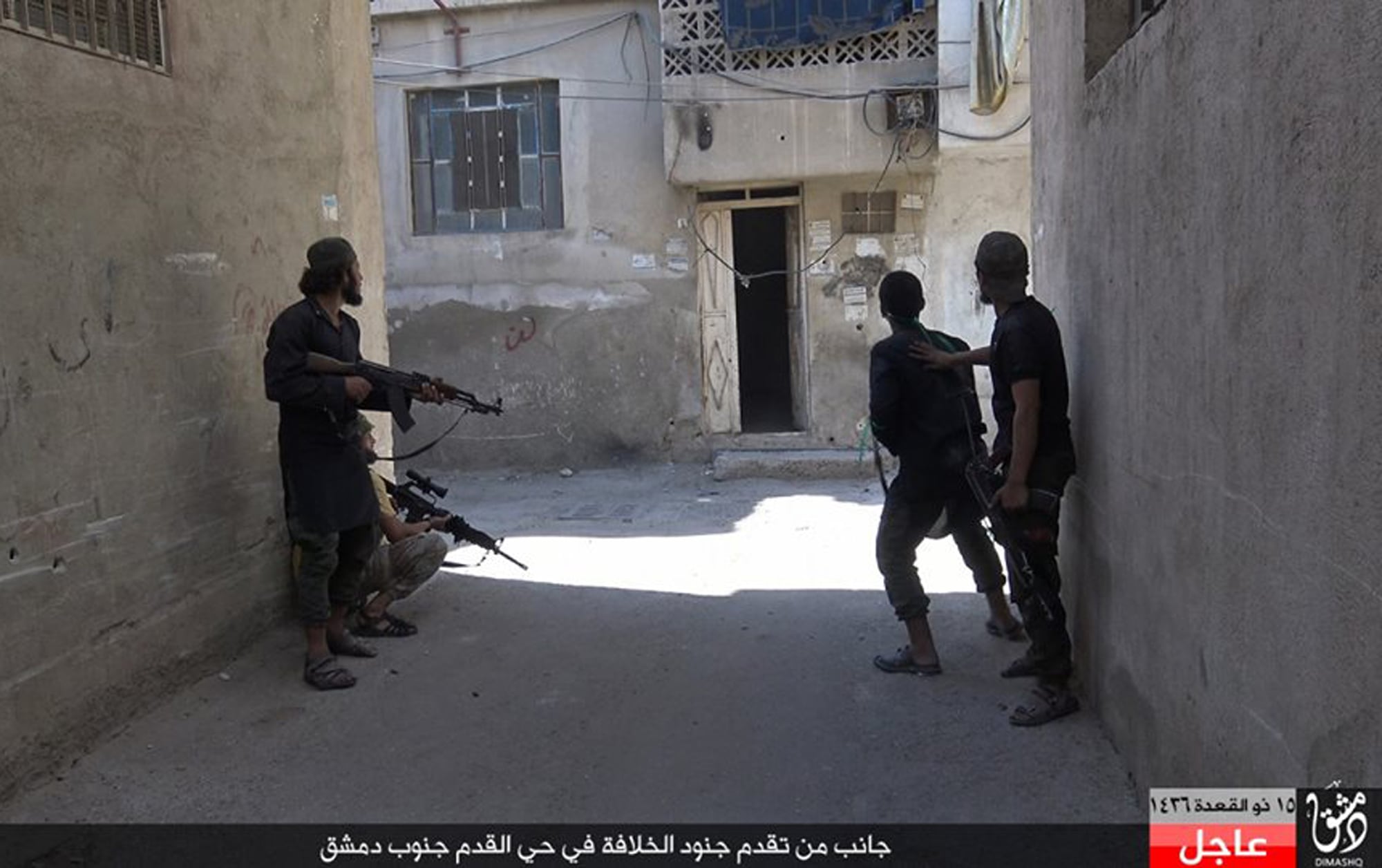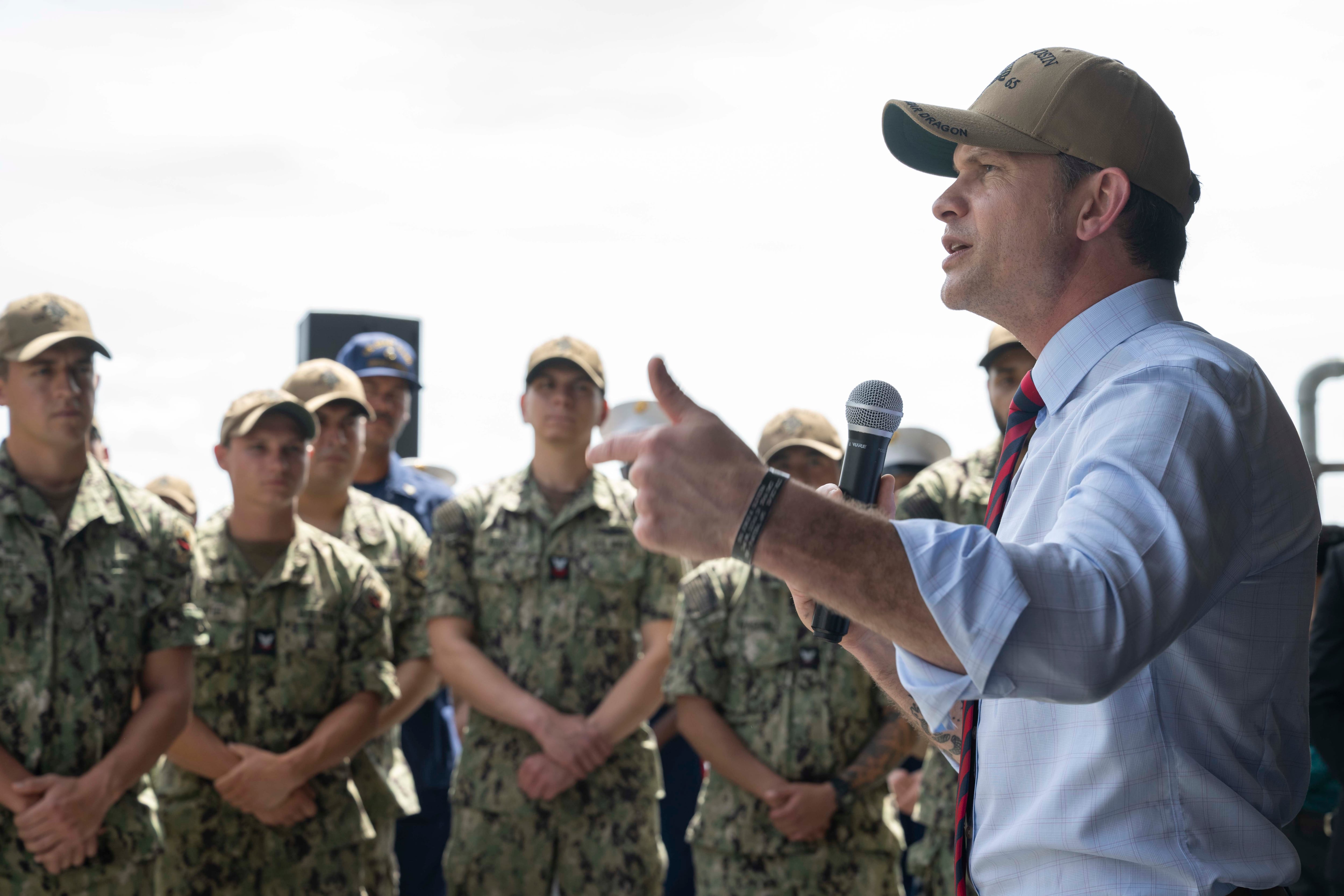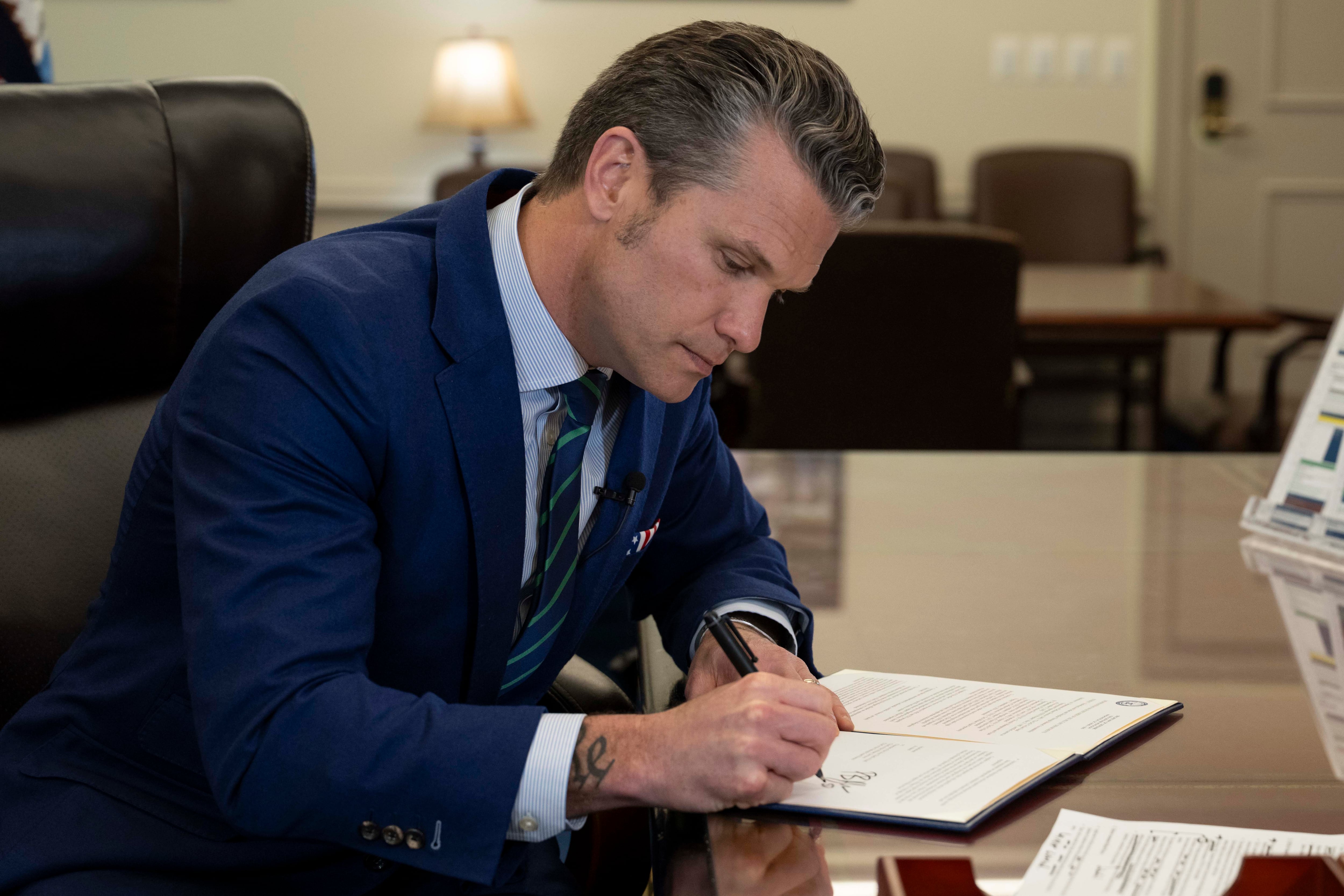The Marines' combat organization is out of balance, the commandant of the Marine Corps commandant said Thursday, announcing a new working group designed to modernize the force and better use its ground combat element.
In his first public address since he was nominated to succeed Army Gen. Martin Dempsey as chairman of the Joint Chiefs of Staff, Gen. Joseph Dunford made it clear he still had work he planned to accomplish within the Marine Corps. Speaking to a crowd at the Marine Corps Association and Foundation's Ground Awards Dinner near Washington, D.C., Dunford said changes needed to be made to realize strategic visions detailed laid out in the Corps' Expeditionary Force 21 document, which emphasizes and its concepts of distributed operations and movement from the sea.
The working group, he said, will be organized in the coming week and formally announced soon within the next two weeks. Between now and October, the group will examine lessons learned from combat deployments to Iraq and Afghanistan, and from Marine expeditionary unit afloat deployments aboard Navy ships. They will analyze the budget outlook through fiscal 2017, plus the and priority and allocation of resources in order to create a better organized, more effective Marine air-ground task force, he said.
A spokesman for Dunford said it's not , Lt. Col. Eric Dent, said it wasn't immediately clear who would compose the task force and how large it would be.
To explain what prompted the new initiative, Dunford cited a question he had fielded from an infantry captain during a visit to the Expeditionary Warfare School in Quantico, Va last week. The officer wondered whether the cutting edge MV-22 Osprey and F-35B aviation platforms had drawn attention and resources away from the Marines' rifle squads and its larger ground combat element. Should the Corps' ground contingent, he asked, have a dedicated general officer as an advocate, the way the aviation combat element did?
"The solution is not to create stovepipes and cylinders of excellence and begin to compete, element of the MAGTF-by-element of the MAGTF," Dunford said. "The solution is for us to have a clear vision of the Marine air-ground task force. That's who we are."
For the ground combat element, he said, that means finding ways to do more with the Corps' high-tech air platforms, and to innovate beyond traditional infantry assault methods. Dunford called on a favorite example of 21st Century MAGTF operations: February 21 of this year, when the Marines' crisis response unit in the Middle East found itself operating in six countries simultaneously, between rifle companies and air elements.

Even though the Marines are accomplishing such complex distributed operations, Dunford said, they are still resourced for outdated missions — ones that call for a rifle company to defend over 1,500 meters or attack over 300.
"We are not optimized to do the kinds of things that we are doing today, let alone the kinds of things that we are doing tomorrow," he said.
Platforms like the F-35, expected to reach initial operating capability this summer, represent vast untapped potential for the ground combat arms units as well, Dunford said.
"We're nowhere near capable of fully realizing or leveraging the kinetic and non-kinetic capabilities of that particular aircraft," he said.

Dunford said a meeting over the past week with Marine Corps three-star generals had formed the framework for the working group that be envisioned would help restore balance to the force.
"By October, we will have laid out where we are right now and ensured that the next budget we put in, we actually agree on," he said. "We actually have to agree: Here's where we are, here's where we have to go, and here's how we prioritize and allocate our resources in order to realize the vision we've laid out."
Oversight of this working group could well be one of Dunford's final accomplishments as commandant. Pending confirmation of his nomination in the Senate, Dunford is expected to become chairman of the Joint Chiefs when Dempsey officially retires this fall.





